What we’re pertaining to is the belief that we should warm up the engine first before driving away. This norm doesn’t only apply to the Philippines. As a matter of fact, car owners and drivers all over the world also swear by this habit.
This practice has been classified as an absolute necessity even years ago. While some people stand by this custom, there are also counter statements that poke fun at it.
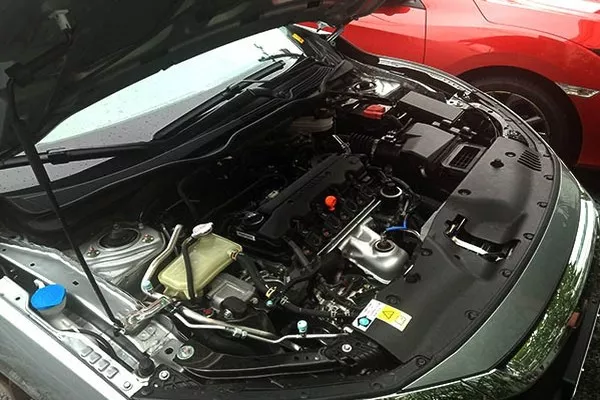
It is believed that we should warm up the engine first before driving away
But how does warming up your engine really affect your vehicle? Does it really have benefits for your vehicle? Or is it just propaganda spread by fuel companies to get more profit out of vehicle owners?
That is what we’ll be discussing with you today. Read on this article from Philkotse.com to find out everything you need to know about warming up a car engine.
1. The custom of warming up your car engine
The habit of warming up a car engine before driving off has been around for a long time now. These days, there are emission controls and fuel injection systems in cars. These two systems make warming up your car an unnecessary thing to do.
A car that is idled will produce a lot more emissions compared to one that was driven straight from the garage. But most people will still find it uncomfortable to drive their car without warming up the engine first. This is especially if you left your vehicle parked overnight in cold weather.
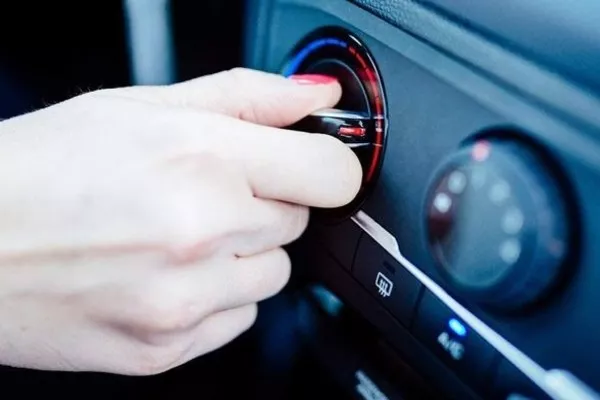
The habit of warming up a car engine before driving off has been around for a long time now
>>> Read more:
- What happens if leaving your car unused for a long time?
- 6 tips on what to do with your car before leaving it for a long time.
2. Should the toy really idle your car first to warm up the engine?
We will shortly be going through the hows and whys of this question. But we’ll be giving you the answer to the question right now. The answer is yes, you should warm up your car engine but only if your vehicle is carbureted.
If your ride is fuel-injected, the choice is entirely up to you. You can warm up your car if you’re used to doing so. But if you feel okay with riding off with a cool engine, go on ahead
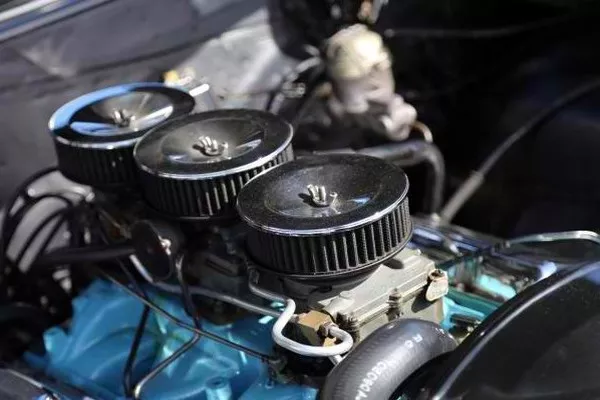
You should warm up your car engine but only if your vehicle is carbureted
If your vehicle is an older variety and has a carburetor, it will work better with a warmed-up engine. This is because the oil gets to be heated first. It then thins out and fully lubricates the internal parts of the engine.
The latest vehicles, on the other hand, utilize computer controls and fuel injection. These make new cars good to go even without idling the engine for a long time.
>>> Check out: How to fix a rough idle or stalling car?
3. Is it really necessary to idle your car before driving off?
In most situations where the vehicle is a new or one of the latest models, this isn’t necessary. On the other hand, vehicles with no emission controls and fuel injection are exempted from this rule. So to put it simply, you can just crank up your modern car for ten to twenty seconds and then go.
Aside from that, there are also other exceptions. For example, if the weather is extremely cold or there’s heavy rain out. Keeping your engine on idle before driving off will prevent your engine from being damaged.

Keeping your engine on idle before driving off during a rainy day/season will prevent your engine from being damaged
In countries where the temperature hits zero and below, people use a block heater. A block heater is able to safely and quickly warm up a car engine even if it’s really cold. But it can’t heat up the interior or perform any kind of defrosting action.
Although our weather doesn’t require you to have a block heater, it’s entirely up to you. Though block heaters are sort of hard to find.
>>> Also about engines: Which are better - bigger engines or small turbocharged engines?
4. How much does it cost to idle a car?
If you’ve ever revved your car on idle, we’re sure this thought has crossed your mind. “How much gas is my car consuming while I do this every day?” Imagine having to put your car on idle for five minutes straight every day for a whole month. Does it not make you wonder how much gas it consumes? We bet you had this idea pop in your head even just once.
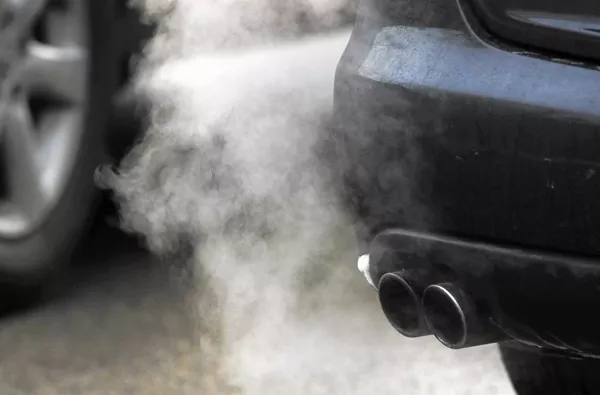
If you’ve ever revved your car on idle, we’re sure this thought has crossed your mind...
To give you an honest answer, there is really no exact measurement that will apply to everybody. This is because of the different factors that vary depending on one driver to another. For example, your driving habits, your environment and the state of your car all affect this.
To give further magnification to the issue of a group of people performing a particular test. The select representatives from the Argonne National Lab studied three different types of engines. Their lucky picks were the 2.5L Ford Fusion, 1.8L Honda Civic and the 3.6L Malibu engine from Chevrolet.
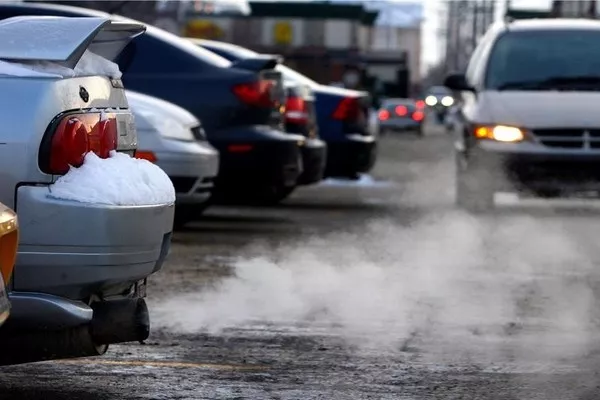
Our driving habits, your environment and the state of your car all affect the cost to idle a car
>>> See also:
- 10 common reasons why your car won't start & How to troubleshoot them
- 6 things you should do when the car engine suddenly dies on the move
They test required each of the three engines to be on idle. The examiners kept the engine on idle for ten minutes straight. Here are the results that they found out:
- Honda Civic 1.8L - The 1.8-liter engine from the Honda Civic consumes .26 gallons of fuel for every 10 minutes of idle time.
- Ford Fusion 2.5L - The 2.5-liter engine from the Ford Fusion model consumes .082 gallons of fuel for every 10 minutes of idle time.
- Chevrolet Malibu 3.6L – The 3.6-liter engine from the Malibu consumes .14 gallons of fuel for every 10 minutes of idle time.
Looking at that amount, you may think that you’re not losing much. If you idle your car every single day or a lot of times per week, you can just imagine how much fuel you’re using up.
Recent posts
- [For Fun] The top 10 strangest engine swaps we've seen on the Internet Nov 30, 2022
- What drivers need to know when not changing engine oil Aug 16, 2022
- 12 myths and facts about engine oil that you should know Aug 09, 2022
- What does a car engine camshaft do? Jun 09, 2021
- Brief comparison: Diesel engine vs gasoline engine in the Philippines Sep 22, 2021












